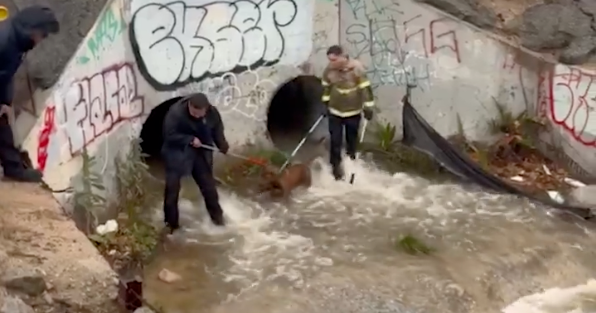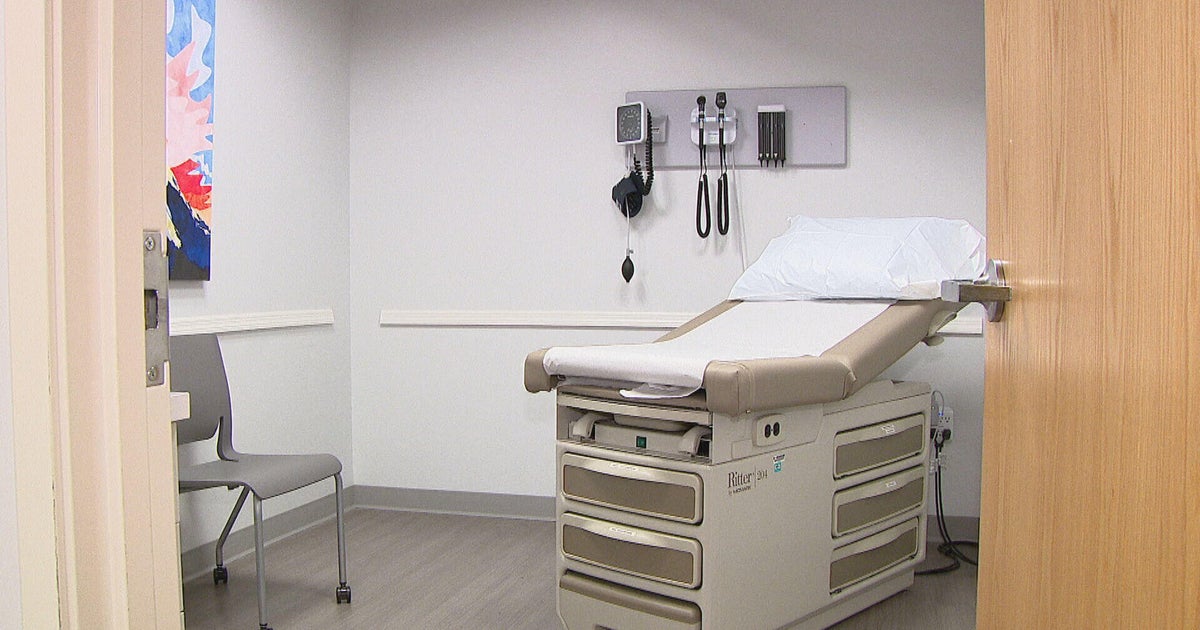2 Dogs With Rabies Confirmed In Colorado
DENVER (CBS4)- Two pet dogs have tested positive for rabies in Colorado, the first cases among dogs since 2003.
The dogs, one in Weld County and one in Yuma County, are in addition to 41 cases of rabies in wild animals in the state so far this year.
In the 2003 case, a dog from Texas tested positive for rabies. The last time a dog was exposed and developed rabies in Colorado was 1974.
All contacts of the two dogs in the most recent case have been identified and have sought appropriate care to prevent rabies. The dogs did not create a risk to other members of the public.
The Colorado Department of Public Health and Environment urges people to check their pets' vaccination status, stay away from stray and wild animals, and take other precautions to avoid rabies.
"When the family dog or cat gets rabies, there's an increased risk of exposure to people," said Colorado Public Health Veterinarian Jennifer House. "It's critical to make sure all your pets are up to date on their vaccinations. This not only protects your pet but keeps your whole family safe."
Health officials say rabies vaccines should be given by a veterinarian every one to three years. Also, people are urged to stay away from wild animals and keep their pets away, too.
Those who have pets that have had contact with a bat, skunk, raccoon or fox are urged to notify their local health department immediately. Rabies spreads primarily through the bite of rabid animals.
Additional Information from the Colorado Department of Public Health and Environment:
To avoid rabies
- Never touch or feed wild or stray animals. Don't leave pet food outdoors. If you need help with a sick or orphaned animal, contact a wildlife rehabilitator. Contact a nearby animal shelter if you encounter a lost or stray dog or cat.
- Vaccinate your pets. Use a licensed veterinarian, and make sure you keep up with pets' booster shots.
- Leash your dog. Protect dogs and wildlife by keeping your pet on a leash while walking or hiking.
- Keep cats and other pets inside at night. Keep dogs within your sight (in a fenced yard or on leash) when they are outside during the day.
- Call your veterinarian promptly if you believe your pet has been exposed to a wild animal.
- Vaccinate pastured animals annually. Have a licensed veterinarian administer an approved large-animal rabies vaccine.
- Bat-proof your home. Learn how at this Centers for Disease Control and Prevention web page.
Recognizing sick wildlife
- Many healthy wild animals are normally afraid of humans. However, sick animals often do not run away when they're near people.
- Wildlife with rabies often will act aggressively or violently approach people or pets.
- Some rabid animals are overly quiet and passive and want to hide. Don't bother them.
- Rabid wildlife might have trouble walking, flying, eating or drinking.







